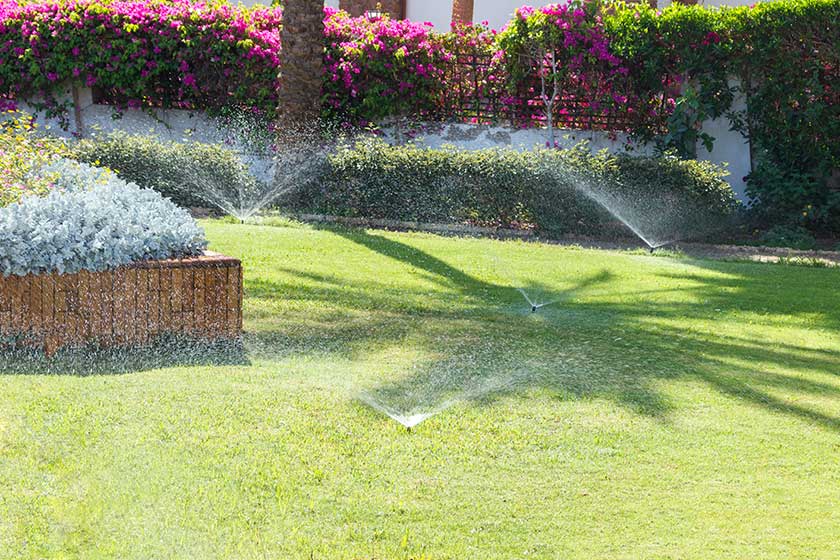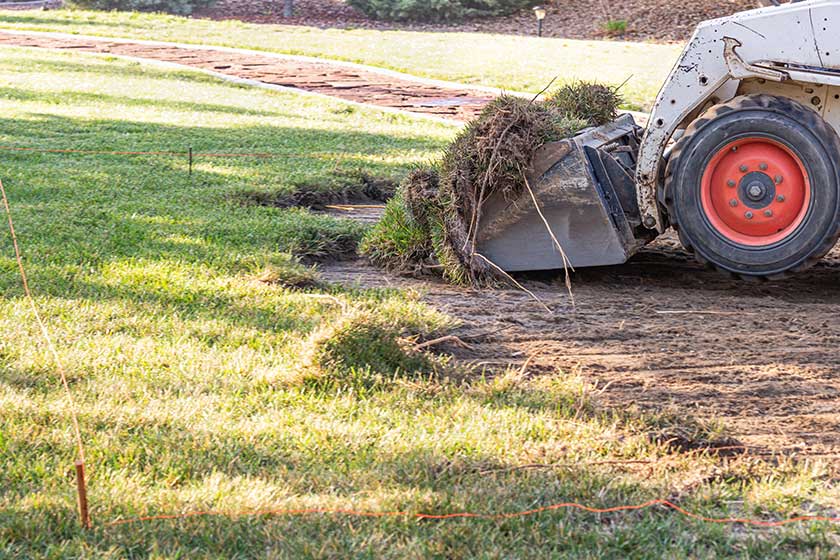As the seasons change and temperatures drop, homeowners often wonder, “Should I water my lawn in winter?” With grass growth slowing and frost blanketing the ground, it’s easy to assume that your lawn no longer needs attention.
However, the truth is that proper winter watering can significantly impact your lawn’s health and set the stage for a lush, green yard when spring arrives. Knowing the unique needs of your lawn during the colder months is important for maintaining its vitality.
While watering may not be required as frequently as in the summer, neglecting your lawn entirely during winter can lead to long-term damage.
How Grass Behaves in Winter
During winter, many types of grass, especially cool-season varieties, go dormant to conserve energy. Dormancy is not the same as death—it’s a survival mechanism that slows down visible growth above ground while roots remain active beneath the surface. These roots continue to absorb moisture and nutrients, which are important for their survival.
Without adequate water, particularly in regions with little precipitation, the roots can dry out. This will weaken the grass and leave it vulnerable to pests, disease, and thinning in the spring.
Should I Water My Lawn in Winter?
Several factors determine if your lawn needs watering during winter. One of the most significant is climate. In areas with mild winters or little snowfall, supplemental watering can help your grass maintain its root structure.
Soil type is another important consideration. For example, sandy soils drain quickly and may not retain enough moisture to sustain roots through the winter. On the other hand, heavy clay soils hold water longer but can still dry out during prolonged dry spells.
Your grass type also plays a role. Cool-season grasses such as Kentucky bluegrass or fescues may need occasional watering during winter droughts. Meanwhile, warm-season grasses typically remain dormant until temperatures rise.
How to Water Your Lawn in Winter
When watering your lawn during the winter, timing is everything. It’s best to water in the late morning. This allows moisture to soak into the soil before freezing temperatures return in the evening. Avoid watering during frosty or freezing conditions, as this can lead to ice forming on grass blades and may damage the turf.
Use a light hand when watering. Overwatering can be just as harmful as neglect, as saturated soils can suffocate roots and lead to fungal growth. A general rule is to give about half an inch of water every few weeks, depending on the weather. Monitor soil moisture regularly to make sure it’s neither too dry nor overly wet.
The Benefits of Winter Watering
Watering your lawn during winter gives several benefits, even if the grass appears dormant. Moisture supports the roots and helps them remain strong for growth when spring arrives. A hydrated lawn also resists winter stress better. This will reduce the risk of bare patches or thinning that require intensive repairs later.
Additionally, well-watered soil retains heat better than dry soil, providing insulation to the roots. This can be especially beneficial during sudden temperature drops or frost events.
When to Avoid Watering
There are times when watering your lawn during winter is unnecessary or even detrimental. If your area receives regular snowfall, this natural precipitation often gives sufficient moisture for the grass. Similarly, if the ground is frozen, watering is not effective, as water cannot penetrate the soil.
It’s also important to avoid watering if heavy rain is forecasted. Overwatering can lead to runoff and nutrient loss, which negatively impacts your lawn’s health.
Preparing Your Lawn for Spring
Consistent care during the winter months can make a significant difference when spring arrives. A lawn that receives adequate moisture during its dormant phase is less likely to experience stress and more likely to green up quickly as temperatures rise.
Regularly check your lawn for signs of stress, such as dry, brittle blades or soil that cracks easily. Addressing these issues promptly can help you maintain a thriving lawn year-round.
Partnering with Experts
Covenant Landscapes sees every lawn as unique. Our team of professionals can help you develop a customized winter care plan tailored to your lawn’s specific needs. From evaluating soil health to determining the ideal watering schedule, we’re here to make sure your lawn stays healthy and vibrant all year long.
Winter lawn care doesn’t have to be complicated. With the right approach, you can keep your grass healthy and prepare it for a lush, green spring. Contact us today to learn about how we can help.



